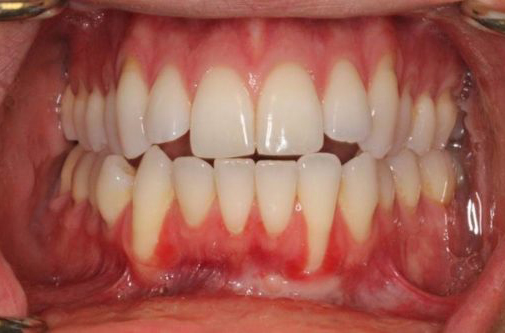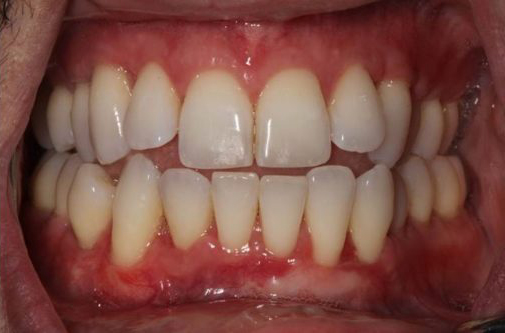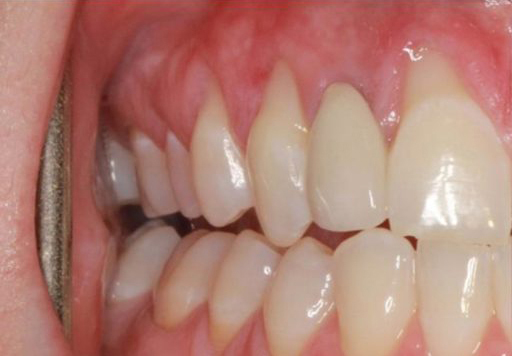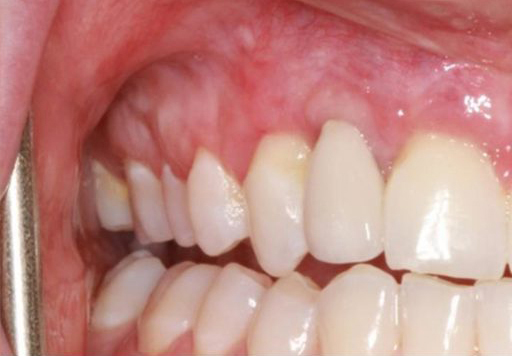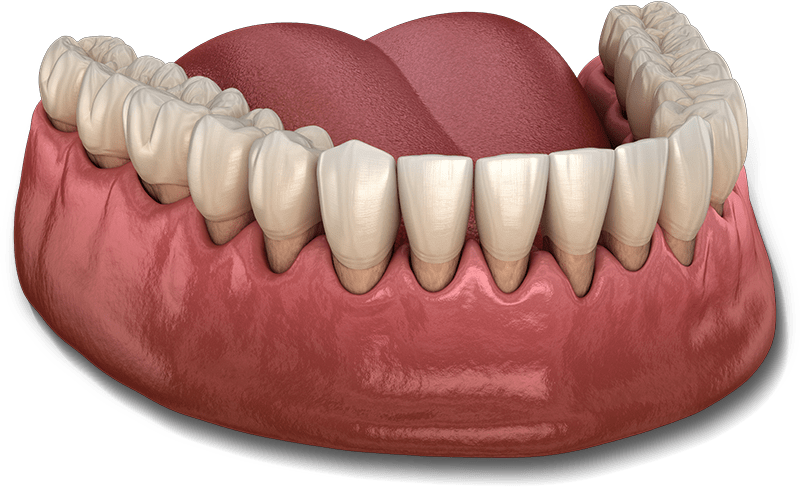Receding gums can be a sign of a larger problem
Gum Recession - Gum recession is a condition that occurs gradually. It is often referred to as becoming ‘long in the tooth’. Many times it goes unrecognized or untreated until the teeth become sensitive or the smile begins to look less attractive. Lucky, there are several ways to treat gingival recession.
Treatment - A new technique called the Pinhole Surgical Technique can successfully treat gingival recession. This technique is a sophisticated way to move receding gingiva back into place without grafting surgery. It provides adequate root coverage and generally doesn’t require any cutting, stitching, or downtime following the procedure.
Gingival recession is best treated early on. If you are experiencing tooth sensitivity or have noticed your teeth looking longer, you should contact a periodontist in your area to have it treated before the gum recession worsens.

